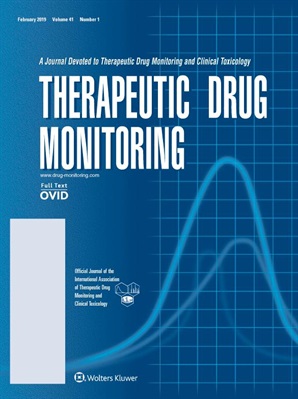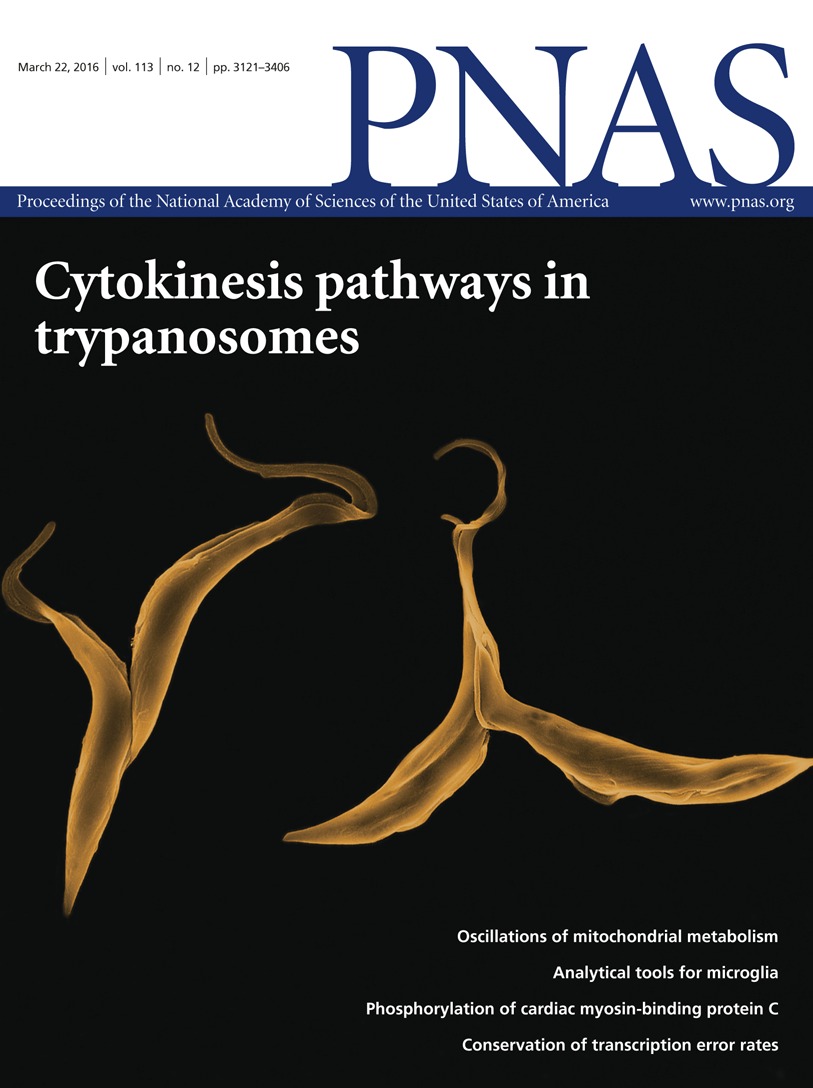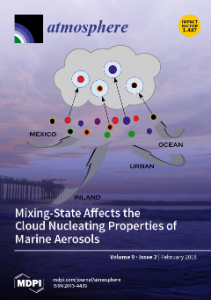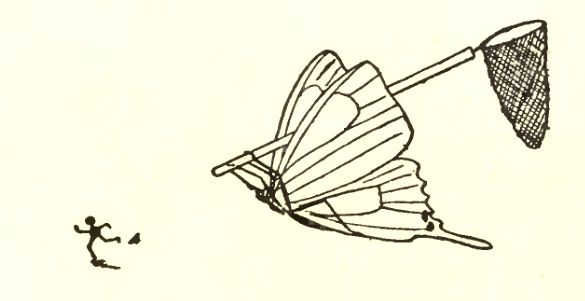 If you’re unfamiliar with the work of Tom Spears, a reporter at the Ottawa Citizen, you have missed some clever lampooning of fake journals. But that work has not gone unnoticed in some circles, apparently: In the not-so-cleverly named journal Significances of Bioengineering & Biosciences, whose publisher’s motto is “Wings To The Research,” a researcher named Sam Yosemite seems to have nominated Spears for the Nobel Prize. And in what some might consider a miracle — or just a made-up story — we managed to locate questions that the “late Dr. Adam Oransky, who gave his life rescuing six frostbitten Sherpas from an ascent of the Catskills without oxygen last August,” according to Yosemite’s editorial, meant to ask Spears. (Oransky’s work on time travel has been rumored to be in the running for a Nobel for some time, but his untimely death of course ended that possibility, given the Prize’s prohibition against posthumous awards.) That interview follows.
If you’re unfamiliar with the work of Tom Spears, a reporter at the Ottawa Citizen, you have missed some clever lampooning of fake journals. But that work has not gone unnoticed in some circles, apparently: In the not-so-cleverly named journal Significances of Bioengineering & Biosciences, whose publisher’s motto is “Wings To The Research,” a researcher named Sam Yosemite seems to have nominated Spears for the Nobel Prize. And in what some might consider a miracle — or just a made-up story — we managed to locate questions that the “late Dr. Adam Oransky, who gave his life rescuing six frostbitten Sherpas from an ascent of the Catskills without oxygen last August,” according to Yosemite’s editorial, meant to ask Spears. (Oransky’s work on time travel has been rumored to be in the running for a Nobel for some time, but his untimely death of course ended that possibility, given the Prize’s prohibition against posthumous awards.) That interview follows.
Retraction Watch: Dr. Yosemite seems to be nominating you for “the Nobel Prize,” but as everyone knows, there is more than one Nobel Prize. Which one do you think he meant? And do you think you deserve this honor?
Continue reading Yosemite Sam: Bunny nemesis…and renowned scientist who nominates a journalist for a Nobel?

 A journal has retracted a paper on a drug for a blood disorder 20 years after it was published — and 17 years after an author of the article was told to request the move by his university.
A journal has retracted a paper on a drug for a blood disorder 20 years after it was published — and 17 years after an author of the article was told to request the move by his university.
 As we’re fond of repeating, sunlight is the best disinfectant. Which doesn’t jibe with the findings in an eye-catching 2018 paper that found people were less fearful of catching a contagious illness if they were in a dark room or were wearing sunglasses.
As we’re fond of repeating, sunlight is the best disinfectant. Which doesn’t jibe with the findings in an eye-catching 2018 paper that found people were less fearful of catching a contagious illness if they were in a dark room or were wearing sunglasses.  Adeel Safdar was once a rising star in the field of kinesiology. After completing his doctorate degree at McMaster University in Canada, working with one of the titans of his field, Safdar took a postdoc at Harvard, then accepted a
Adeel Safdar was once a rising star in the field of kinesiology. After completing his doctorate degree at McMaster University in Canada, working with one of the titans of his field, Safdar took a postdoc at Harvard, then accepted a  If you’re unfamiliar with the work of Tom Spears, a reporter at the Ottawa Citizen, you have missed some
If you’re unfamiliar with the work of Tom Spears, a reporter at the Ottawa Citizen, you have missed some 

 Errors in a 2017 paper about a new cancer test may have occurred because of a simple typo while performing calculations of the tool’s effectiveness.
Errors in a 2017 paper about a new cancer test may have occurred because of a simple typo while performing calculations of the tool’s effectiveness. Title:
Title: